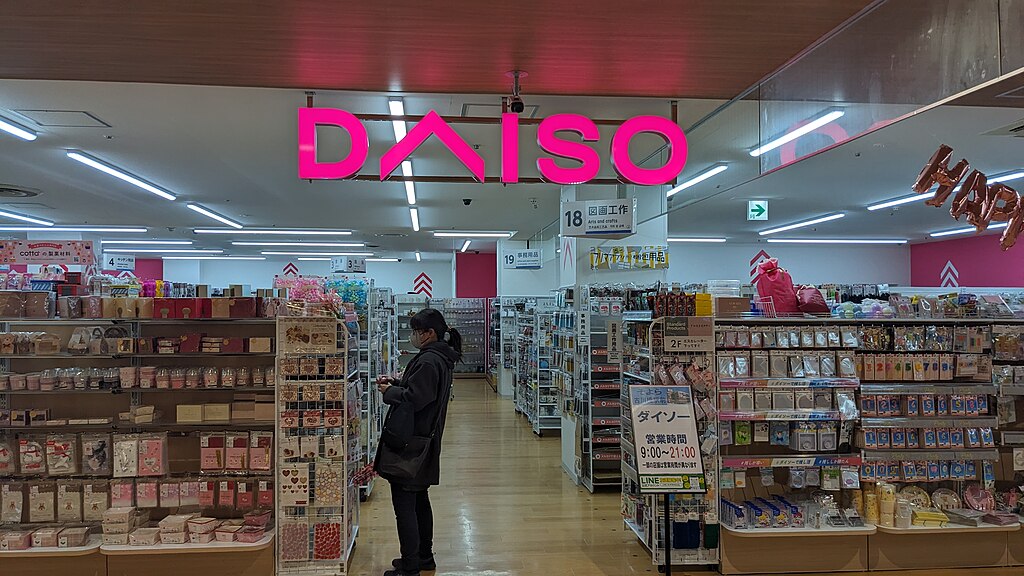Feb 28, 2024
All About Daiso: Hiroshima’s Famous 100-Yen Store
Just like the U.S. has dollar stores, Japan has 100-yen stores. One of the most famous is Daiso, based in Hiroshima. It’s popular for stocking a variety of original products, the vast majority of which cost 100 yen (since 2004, the store has also been selling some items priced at multiples of 100 yen). But what is it exactly that makes this store so special?
The History of Daiso
Daiso dates back to 1972, when it was a street vending shop called Yano Shoten that sold just 100-yen products. Its popularity led founder Hirotake Yano to open the first Daiso in 1977 in his father’s hometown of Higashi-Hiroshima (Hirotake Yano was born in China in 1943 and moved to Hiroshima after World War II).
Today, there are 3,620 Daiso stores around Japan and another 2,300 in 25 other countries around the globe. Every hour, around a quarter of a million people are shopping at Daiso somewhere in the world. The huge size of the enterprise has allowed the business to keep prices low and quality high.
What are the Most Popular Products?
Daiso has some products that are famously “sold in seconds,” meaning the store sells one every few seconds. The most sold item of all is batteries — Daiso sells around 150 million every year. Some other top items are fake eyelashes, sweet roasted chestnuts, and neckties.
The store also stocks some unique products that sell well throughout the year. For instance, Kotokotokun is a boil-over preventer for cooking noodles and Kantan Gyoza allows you to make gyoza dumplings at home — something especially useful for people who don’t live in Japan.
Daiso has Own-Brand Products
Daiso sells products from other manufacturers as well as from its own brand. Own-branded items are marked as za (written as ザ) plus the product category. There are 15 categories of goods, including cosmetics, apparel, plastic goods, and stationery. Some products are only available in Japan, whereas others are sold in the international stores as well. Most of those available only in Japan are part of the bento boxes, Japanese miscellaneous goods, and Japanese tableware categories.
Products are Always Changing
Working with 1,400 manufacturers in 45 countries and using 8,000 factories, Daiso develops around 700 new products each month. At the same time, it is always assessing which products are not selling well to improve its inventory.
Shipping these products around the world requires some serious logistics. To cope, Daiso has eight distribution centers in Japan (one of which is the largest in the country) and 16 more overseas. The warehouses have fully-automated cranes that pick up the items and place them into a box sorter that manages inventory for 150 to 200 stores at once. Daiso no longer uses cardboard boxes — it has switched to foldable resin containers with smart tags. These are reusable, making the operation more environmentally friendly and cutting costs for the business.
With more than 100,000 products for sale, it’s fun to visit Daiso stores just to see what you’ll find. Even though the products are inexpensive, they’re all high quality, meaning anything you decide to buy will be a good deal.
Mr.ちゅらさん, CC BY-SA 4.0, via Wikimedia Commons


About the author